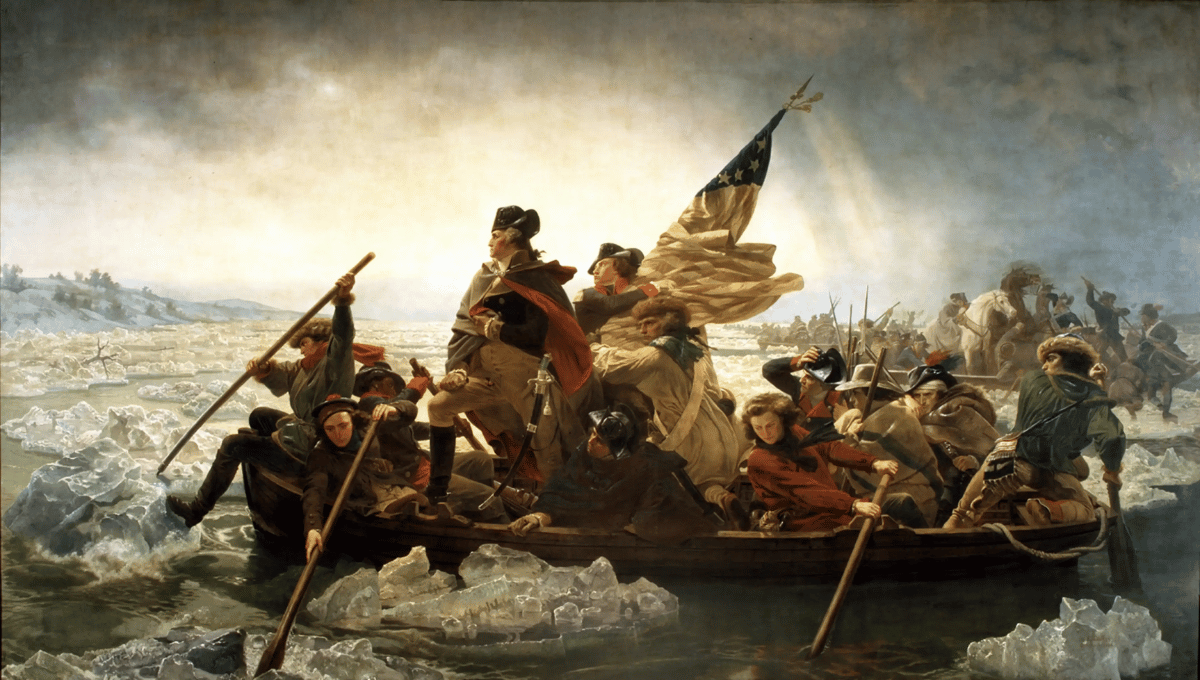From Rebellion to Nationhood: The Role of Guerrilla Warfare in Independence Movements
The tumultuous journey to nationhood often involves struggle, resistance, and a fight against oppressive powers. From the birth of the United States to the emergence of newer states in the 21st century, guerrilla warfare has often played a pivotal role in these struggles for independence and sovereignty. This form of irregular warfare, typically carried out by small, loosely organized groups of combatants, has been a strategic choice against more powerful, well-equipped foes.
Through a historical lens, this essay will delve into the intricacies of various independence movements that utilized guerrilla warfare as a key strategy. We will explore the American Revolution, the Algerian War, the Vietnamese struggle for independence, recent cases like East Timor and Kosovo, and the ongoing implications of such conflicts.
The objective is to understand the complex dynamics of guerrilla warfare in the broader context of nation-building, and how these often gritty battles have helped shape the geopolitical landscape we see today.
The use of guerrilla warfare as a mechanism to achieve national independence is a recurring theme in history. Defined by its reliance on small, often informally organized groups utilizing hit-and-run tactics and intimate knowledge of local terrain, guerrilla warfare can provide a strategic advantage to outnumbered or less well-equipped forces seeking to resist more powerful adversaries. From the American Revolution to more contemporary struggles for independence, this style of warfare has played a significant role.
There are several common factors or themes that often motivate guerrilla warfare, especially in the context of independence movements:
Colonial or Foreign Occupation
This is one of the most common reasons for a group to engage in guerrilla warfare. In these situations, a foreign power has taken control of a region or country and the local population resists this control. Examples include the American Revolution, the Soviet-Afghan war, the Vietnamese war against French occupation, and the Algerian war for independence from France.
Political and Economic Exploitation
Local populations often engage in guerrilla warfare when they perceive that they are being politically or economically exploited by a ruling power. This can take the form of unjust taxes, lack of political representation, or control over local resources.
Cultural and Ethnic Identity
Many guerrilla wars are fought over issues of cultural or ethnic identity. When a group feels that its culture, language, or traditions are being threatened or suppressed, it may take up arms to defend them. This was a significant factor in the Eritrean war of Independence and the struggle of the Kurdish people across multiple nations.
Religious Factors
Religion can also play a role, especially when a group feels that its religious freedom is under threat. While not the sole factor, religious differences were an element of the conflict in the Yugoslav wars in the 1990s.
Desire for Self-Determination
This desire refers to the will of people to determine their own political status and to shape their own economic, cultural, and social destinies. This has been a driving force behind many guerrilla warfare campaigns, as groups sought to create a state where they could govern themselves.
Ideological Factors
Sometimes, guerrilla warfare is driven by ideological factors, such as a desire to replace a capitalist system with a socialist one, or vice versa. An example is the Cuban Revolution.
Land Reform
In many countries, especially those with a highly unequal distribution of land, guerrilla movements have demanded land reform. This was a key issue in conflicts such as the Mexican Revolution and the ongoing conflict in Colombia.
It’s important to note that these factors often overlap and reinforce each other. For example, a foreign occupation can lead to economic exploitation, threats to cultural identity, and denial of political rights, all of which can provoke resistance. In each historical situation, a unique combination of these factors has led people to take up arms and engage in guerrilla warfare.
American Revolution
The American Revolution (1775-1783) offers one of the earliest examples of successful resistance against a colonial power leading to independence. The local militias, formed of men ready to fight on short notice, played pivotal roles at the early battles of Lexington and Concord. They bolstered the Continental Army, led by George Washington, which represented the united front of the thirteen colonies against British rule.
Despite the initial disadvantages against the well-equipped British forces, the American militias’ knowledge of local terrains, combined with diplomatic and military support from France, culminated in their victory at the Siege of Yorktown in 1781, effectively ending the war and leading to the formal recognition of the United States as an independent nation in the Treaty of Paris in 1783.

